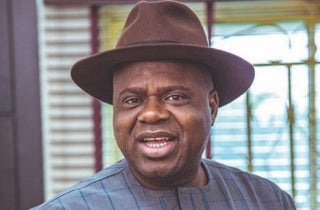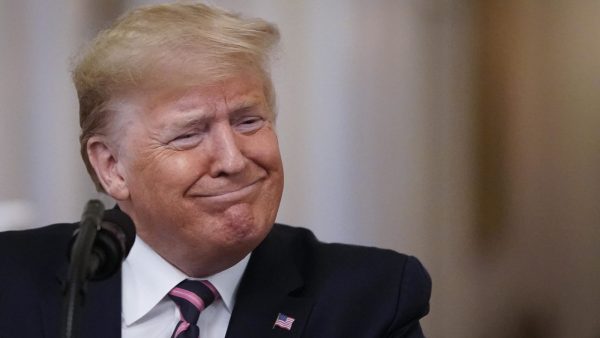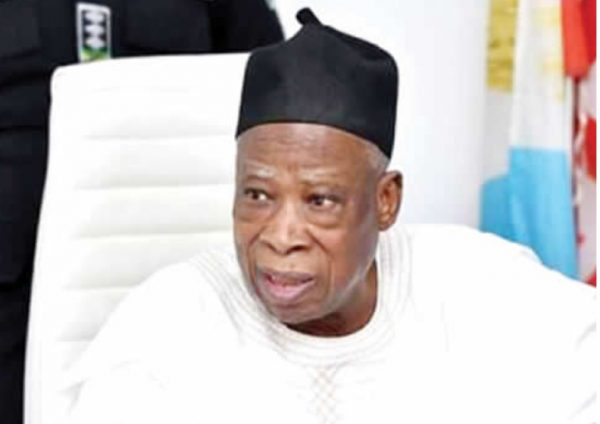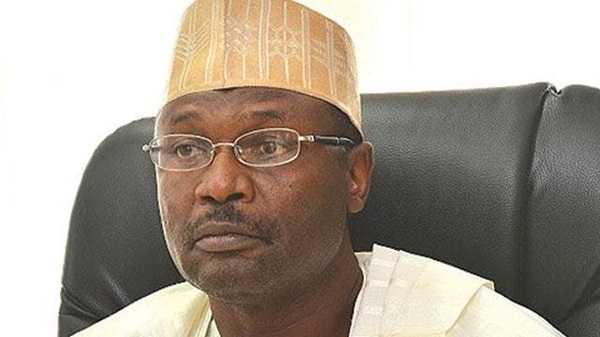Oshiomhole, Sylva fuelling violent protest in Bayelsa –Diri

The Governor of Bayelsa State, Douye Diri, has accused the Chairman of the All Progressives Congress, Adams Oshiomhole, and the Minister of State for Petroleum Resources, Timipre Sylva, of instigating violence in his state.
Diri said Oshiomhole and Sylva were responsible for the violent protest that erupted in parts of Yenagoa on February 14 following the Supreme Court judgment which nullified the former governor-elect’s election, David Lyon, of the APC and declared the Peoples Democratic Party winner on February 13.
Diri made the accusation on Thursday after his visit to some public and private property to see the level of damage allegedly done by the supporters of the APC during the violent protest in the state capital.
The APC supporters had taken to the streets of Yenagoa as a result of the apex court’s verdict, attacking and looting property.
Among the property visited by the governor were the private residence of former Governor Seriake Dickson, the Prof Steve Azaiki Public Library, Radio Bayelsa and the houses of some PDP stalwarts.
Diri, whose private Yenagoa residence was also attacked, said it was the APC national chairman’s comment on the outcome of the Supreme Court judgment that ignited the brigandage that took place around Yenagoa.
The governor said, “The APC National Chairman challenged the ruling of the Supreme Court and declared that there would be no governor in Bayelsa State. And that ignited the protest back home here.
“And as if what the National Chairman of the APC said on (February) 13 was not enough, after I had been sworn in, the Minister of (State) for Petroleum Resources came out smoking by declaring that the Governor of Bayelsa State is illegitimate. When you make this type of inflammatory statement, from a man who is occupying such an exalted office, as high as minister of the Federal Republic of Nigeria, what you expect is the damage that we have seen.”
Diri wondered why the Bayelsa situation should be different from other states like Imo, stressing that the protests that greeted the Supreme Court judgment in that state did not result in violence.
He said, “But we have seen protests. In Imo State, when the Supreme Court gave its ruling, there was a protest, for not one day, two, three days. They were very peaceful and no property was touched.”
The governor warned that his administration was not a weak government and that it would not condone such acts of violence and brigandage again.







